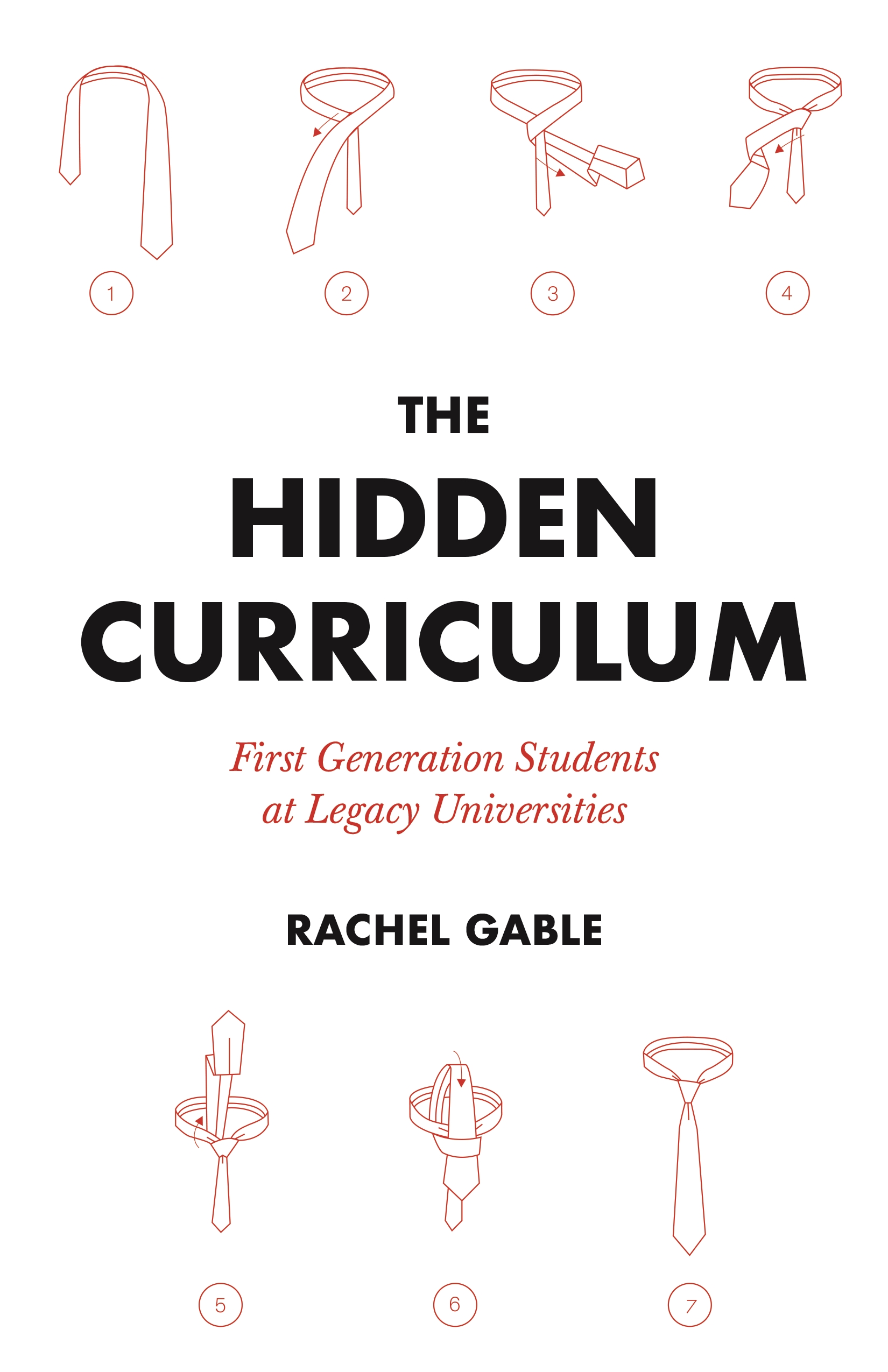

Poetter, Miami University.Ĭurriculum Windows: What Curriculum Theorists of the 1960s Can Teach Us about Schools and Society Today is an effort by students of curriculum studies, along with their professor, to interpret and understand curriculum texts and theorists of the 1960s in contemporary terms. Poetter, Miami UniversityĪ volume in the series: Curriculum Windows.
Philip jackson hidden curriculum windows#
Jackson, P.W.Curriculum Windows What Curriculum Theorists of the 1960s Can Teach Us about Schools and Society TodayĮdited by: Thomas S. There are numerous strategies to teach the hidden curriculum that is the subject of another blog and Brenda Smith Myles has written extensively on this area. We need to even the playing field for our students by explicitly teaching these rules and being aware of power and privilege in our classrooms. We cannot assume they know the hidden curriculum and the numerous unwritten, unspoken rules. The same applies to students in our classrooms. I was intrigued that a comprehensive description was needed, but clearly, someone had broken this rule and it was necessary to share this message with everyone to prevent this from occurring again. To drive this message home, she described in detail how it is unpleasant it is to have a door slammed in your face. She further explained that we needed to wait for the person behind us to hold the door, and this person in turn, will hold the door open for the person behind them.

She explained that as we walked through each door, we should hold it open for the person behind us.
Philip jackson hidden curriculum how to#
Recently, I did a tour of Scandinavia and was surprised when our tour guide provided very specific and detailed information about how to walk through a door. However, to understand what the hidden curriculum is, I will share a recent example from my own life. Therefore, our role as educators is to be aware of the dominant culture and to explicitly teach social skills so that everyone has the same understanding of what to do in the school context. Those who are excluded from this knowledge, often due to disability or disadvantaged background, can be unfairly judged by the dominant culture who are unaware of their privilege. Issues of power are intertwined within the hidden curriculum as it is the dominant culture, who tend to be non-disabled, white and middle-class, that determine the unwritten and unstated rules. Many students with language delays, disabilities or diverse home backgrounds are often not familiar with the implicit rules of the hidden curriculum and therefore may struggle in the socialisation process, or be perceived as having behavioural issues by educators. The ‘hidden curriculum’ is a term coined by Philip Jackson in 1968 which refers to the values, behaviours and norms within the school context that students are expected to intuitively know or pick up through the socialisation process.


 0 kommentar(er)
0 kommentar(er)
